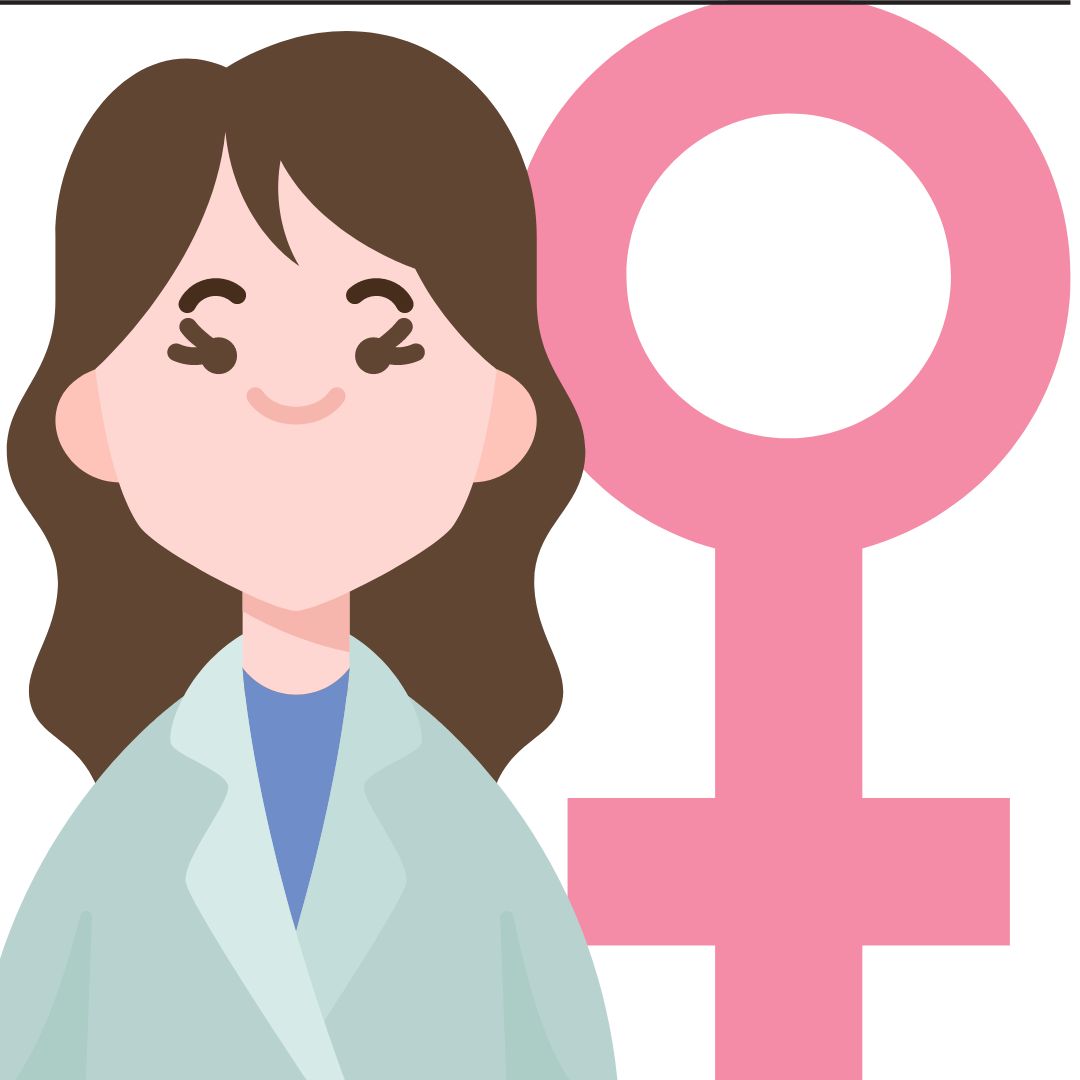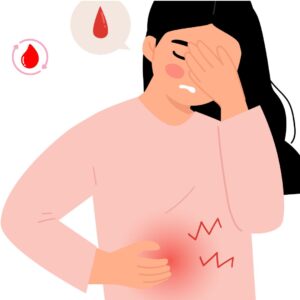
Leaving hormonal imbalances untreated can lead to a cascade of negative effects on a woman’s physical and emotional health. Here’s a breakdown of some potential consequences:
Menstrual Cycle Issues:
- Irregular Periods: Untreated hormonal imbalances can lead to unpredictable periods, with extended cycles, spotting, or even complete absence of periods.
- Heavy Bleeding and Painful Cramps: Hormonal imbalances can worsen these common menstrual problems, causing significant discomfort and impacting daily activities.
- Endometriosis Risk: Chronic hormonal imbalances may increase the risk of endometriosis, a condition where endometrial tissue grows outside the uterus.
Reproductive Health Problems:
- Infertility: Hormonal imbalances can disrupt ovulation or other key reproductive processes, making it more difficult to conceive.
- Increased Risk of Miscarriage: Hormonal imbalances can contribute to miscarriage by affecting uterine lining development or other factors crucial for a healthy pregnancy.
- Polycystic Ovary Syndrome (PCOS): Untreated hormonal imbalances can worsen PCOS symptoms, including irregular periods, cysts on the ovaries, and difficulty losing weight.
Overall Health Concerns:
- Weight Gain and Difficulty Losing Weight: Hormonal imbalances can disrupt metabolism and appetite regulation, making weight management a real struggle.
- Increased Risk of Certain Cancers: Long-term exposure to high levels of estrogen may increase the risk of certain cancers, like breast and endometrial cancer (although the exact link is complex and needs to be discussed with a doctor).
- Bone Health and Osteoporosis: Declining estrogen levels associated with hormonal imbalances can accelerate bone loss, increasing the risk of osteoporosis and fractures.
- Mental Health Impacts: Untreated hormonal imbalances can contribute to anxiety, depression, and mood swings, affecting a woman’s emotional well-being.
Conclusion:
It’s important to note that these are potential consequences, and not all women will experience them. However, early detection and treatment of hormonal imbalances can significantly reduce the risk of these complications and improve a woman’s overall health and quality of life.
If you suspect a hormonal imbalance, it’s crucial to consult a healthcare professional for diagnosis and personalized treatment options. They can assess your symptoms, perform tests to determine hormone levels, and recommend the most appropriate course of action which may include dietary changes, lifestyle modifications, medications, or herbal remedies).








